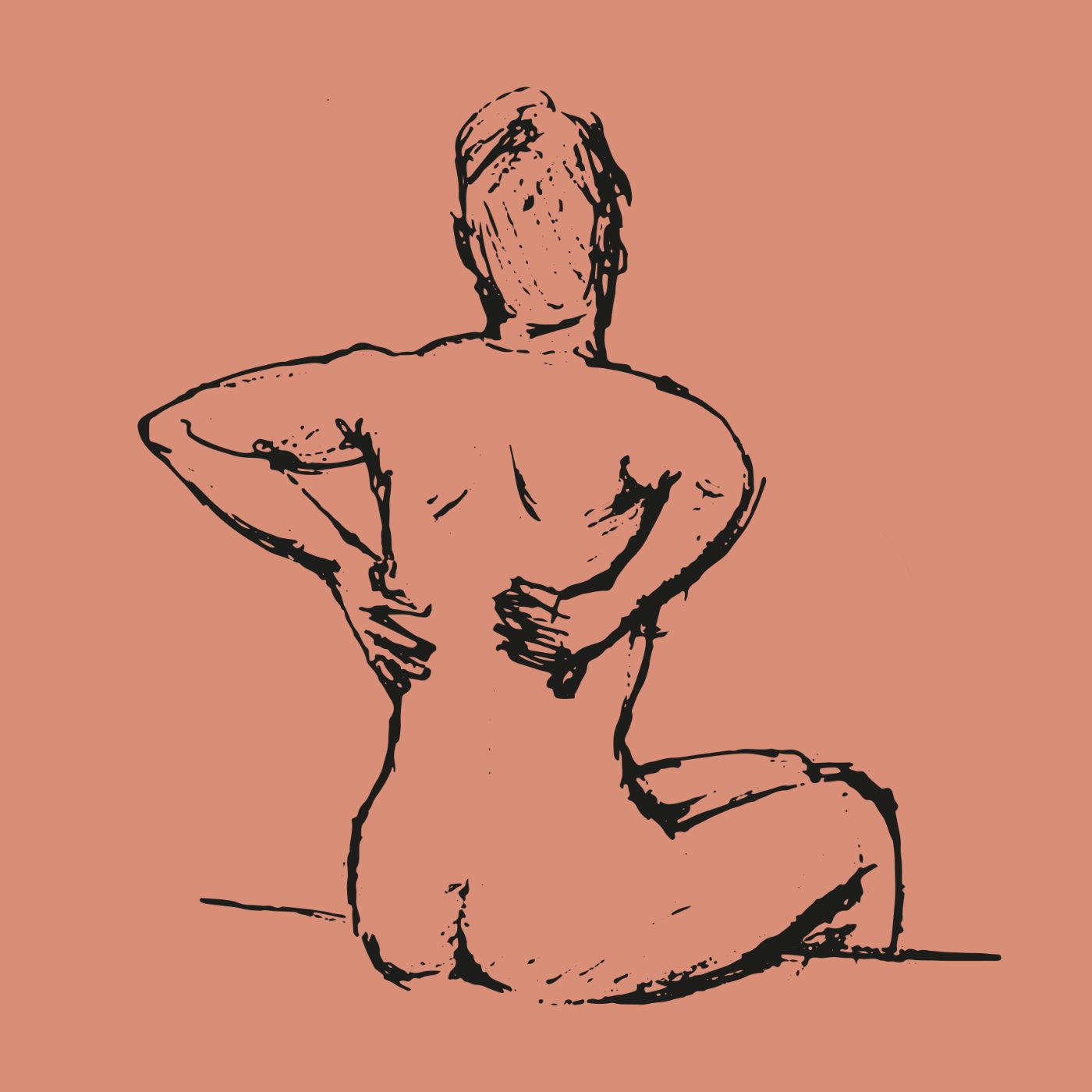Table of Contents
Table of Content
CBD is everywhere these days. You’ve likely seen oils, topicals or gummies for sale and know at least a few people who swear by it.
Since CBD is a compound that can be found in cannabis plants, you might be worried about whether taking CBD could mean that you fail a drug test. We’ve gathered all the information you need to know about CBD oil and drug tests to help you make the best decision about adding CBD to your routine.

What is CBD?
CBD, or cannabidiol, is a chemical compound that is derived from cannabis plant material. CBD has taken the world by storm recently, thanks in large part to its potential health benefits. These possible benefits are wide-ranging and may include the ability to reduce anxiety, pain and inflammation and improve the symptoms of conditions like sleep disorders and possibly even neurodegenerative disorders (1, 2, 3, 4, 5).
CBD can be purchased in a range of forms, including vapes, lotions, edible products and the especially popular CBD oil. The type of CBD and method of consumption you choose will come down to your personal preferences and needs.
While CBD does come from cannabis, it can’t get you high. The culprit responsible for the intoxicating effects of cannabis is another compound called THC.
The different types of drug tests
When it comes to cannabis testing, urine testing is the most likely type of test that you will come across. There are two methods of urine testing:
- Immunoassay (IA)
- Gas chromatography-mass spectrometry (GC-MS)
An IA test is rather simple; it tells you whether a urine sample contains the compound THC-COOH, which occurs after the body breaks down THC. THC-COOH is like a signpost to tell the test that THC has been consumed (6).
A GC-MS test is a little more complex. Instead of flagging one compound, a GC-MS test separates, identifies and measures all compounds present in the urine sample (7).
Does CBD oil show up on a drug test?
Whether the presence of CBD in your urine will trip up a drug test largely depends on the type of test you’re given and the compound the test is specifically looking for.
In an IA test, for example, if you only consumed CBD extract that contains no THC, (like all Kloris products) then there will be no THC-COOH to set off the test.
A GC-MS can detect the presence of CBD in urine, but considering that THC is the psychotropic ingredient in cannabis and that CBD is legal for consumption in many places nowadays, it is likely that testers will only be interested in the presence of THC.
However, if testers are interested in finding CBD, a GC-MS test will show the presence of CBD in a urine sample if it exists.
Drug test mistakes
Drug testing isn’t infallible; there are some cases where a wrong result can occur. False positives, for example, are possible. These can occur due to contamination and can happen in both IA and GC-MS tests.
Other medications have also been found to mess with drug test results. The pain reliever ibuprofen and the antiretroviral efavirenz have been shown to alter drug test results and produce a false positive for THC (8).
A false-positive result for THC could obviously have drastic legal, personal and professional ramifications, so it’s important that all is done to reduce this. Following the more simple IA test with a GC-MS test is an effective way to ensure that drug test results are accurate. Following proper laboratory procedures is also important to make sure that contamination does not affect results.
CBD legality in the UK
CBD is legal for consumption in the UK, provided that it meets certain criteria, like being derived from specific hemp lines and containing no more than 1mg THC in the entire container (9). There are, unfortunately, quite a few unregulated CBD products available for sale in the UK illegally. It’s important to be aware of UK CBD regulations and ensure that you purchase CBD from a reputable and authorised CBD retailer who throughly lab tests their products, as we do here at Kloris.
Aside from being illegal, purchasing CBD from an unregulated source could affect your chances of passing a drug test. An IA test only shows a failed result if THC-COOH is present in the sample. Unregulated CBD could contain higher levels of THC and trip an IA test. Meaning that even if you did not knowingly consume THC, a sensitive test might say otherwise.
Best practice
When it comes to drug testing, it’s best to be safe rather than sorry. If your work regularly drug tests, then you may want to ask your employer what kind of tests they use and whether consuming CBD alone is an issue for them.
Even though CBD is legal, organisations like sports governing bodies may have specific rules banning its consumption. Be sure to do your research about whether CBD use is appropriate for your life.
It’s also extremely important to take the time to purchase a high-quality, regulated and pure form of CBD. Because CBD and THC are both found in cannabis material (at varying levels), if not extracted and isolated properly, unregulated CBD oil could contain levels of THC high enough to trip a drug test.
When it comes to CBD, keep it pure and do your research - ensure you select a brand which has 0% THC in their products.
The bottom line
Drug tests are not something that you want to gamble with. If you’re interested in consuming CBD but are worried about failing a drug test due to your CBD use, then it’s best you consult the rules of the organisation requiring you to take the drug test to see whether CBD is allowed.
Tests can be sensitive, so be wary of trace elements of THC in your CBD, and be sure to ask for other forms of testing to rule out a false positive.
 |
Medically reviewed for KLORIS by Sarah Neidler, PhD |





